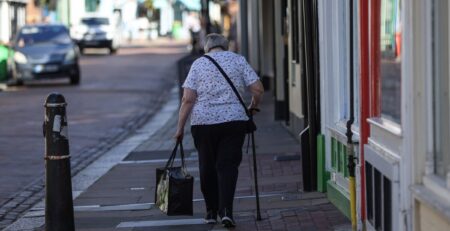Dutch pension funds stick to rebalancing policy
Dutch pension funds and their asset managers are sticking to their rebalancing policies within their strategic asset allocations, despite market volatility and falling interest rates. Many schemes will buy additional shares if equity markets remain at the current low level, several asset managers and pension providers have said.
However, pension providers are keeping their cards close to their chest as they try to keep other market players in the dark about their intentions. “Making statements could unnecessarily inform the market and can harm the position of our clients,” said asset manager PGGM, whose clients include the €238bn healthcare scheme PFZW.
During the past weeks, the ratio between pension funds’ matching and return portfolios has gone out of proportion relative to their strategic asset mix. Equity holdings in the former had dropped due to fear of the impact of the COVID-19 virus, and the value of the many bonds in the latter had risen as a result of falling interest rates.
“As soon as the ratio deviates more than 5% to 10% from the norm portfolio, pension funds can start rebalancing,” said Michel Iglesias del Sol, head of investment strategy at Kempen Capital Management. “Some implement this in a gradual process, others in one go, whereas some schemes wait, for example because of a low funding and because they want to reduce the risk of rights cuts.”
Twan van Erp, head of strategic portfolio advice at Achmea Investment Management, said that many pension funds didn’t need to rebalace at the end of February, “as equity had risen significantly ahead of the recent drop”.
“This meant that, on balance, the investments had usually remained within the agreed bandwidth,” he said. “However, further declining markets since February-end had increased the likelihood that schemes must rebalance at the end of this month,” he added. In his opinion, deviating from the current strategic investment policy would only be appropriate in case of a totally new economic scenario. “Despite the economic impact of COVID-19, this isn’t the case yet,” he said.
Read more @IPE










